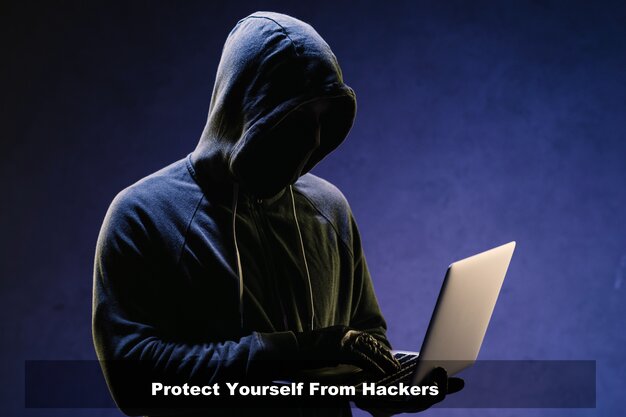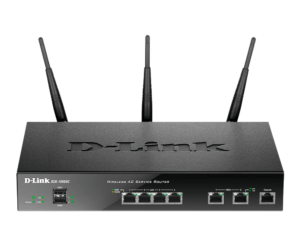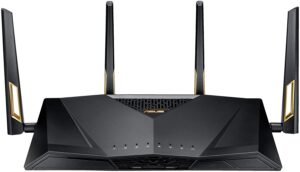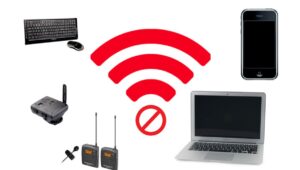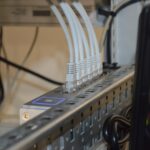Hackers almost always pose a threat to your system. With information digitized, the internet is a rich source for pulling out necessary details. And if hackers target you, they can use that information to exploit you and your company’s security.
Today, hacking too, to a large degree, have been automatized. Meaning, your system is being hacked just because it’s possible. If there is a security loophole in your system, the chances of hacking increases manifold.
And the hackers, once they get into your system, can pull out your personal as well as other details like bank details, easily. They can then use it to their own advantage which will surely not be a happy situation for you.
But, you can protect yourself and your system from these hackers by following some necessary precautionary measures as we are going to discuss here.
Measures to Follow that Can Protect Your System from being Hacked
There are many ways that can keep your system safe from hackers but we will only mention the best and the important measures that you should follow.
Keep away from Public Wi-fi
Public Wifis are not at all trustworthy. But if you are in an emergency and you need to connect to a network, it is important to know whom to trust. This precaution should always be taken because you do not know who set the connection up or who else is connecting to it.
But wait, we will tell you a solution that can keep your device safe even if you connect to a public Wi-Fi signal.
Always connect to sites like HTTPS and not HTTP because that S denotes a secure website. HTTP can be surveilled by other parties and they are very much insecure. It might be possible that hackers are operating these websites and they are keeping an eye on it. If ever they manage to get into your system, that will ruin it.
You can try using a VPN because that will hide the original IP of your device and you can easily use any public Wi-Fi if needed.
Don’t Open links or Emails from Unknown or Suspicious Accounts
Do not forget this warning ever. You might get emails from different links. It will be best if you delete the suspicious ones as soon as you see them. The padlock at the top of your browser next to the URL is an indication that the link is legit.
Encrypt Your Own Data
Always keep your data backup. You might unknowingly delete files or a system failure can cause the deletion of data. You can encrypt the total data, which will make it unreadable to hackers.
This might sound a bit dramatic but it is an easy process and you can contact someone who knows its process. Your financial details will be safe this way.
Avoid Third-Party Permissions
The third-party downloads, due to our mistakes, can take control of the device to some extent enabling some of the disabled permission on our systems. These permissions will eventually take control and take out information such as personal information, phone numbers, locations, data, etc.
They will dig deeper into your personal information. Turn off these permissions to keep your system safe. Install a robust anti-virus program that will identify threats in your device and will take care of your device.
Overwrite any Deleted Files
It’s not true that when you delete something it’s gone forever. Hackers in most cases, take credit in finding files that you have deleted from your system. You can trick these hackers by overwriting these files.
You can use Cipher to do this which is an in-built tool by Windows. Cipher will overwrite the deleted files which will make it virtually impossible for the hackers to get hold of them.
Creating Passwords
This might look like a usual tip but trust us a good and strong password can actually save your system from getting hacked. For some extra protection, two-step verification is also useful.
Two-step verification for your social media applications will be a good option. Fingerprint passwords are actually a good option to protect your device.
Conclusion
To protect yourself from hackers and such attempts, keep your security programs updated. Update your Operating System as soon as new updates are released. It is important to follow some steps like keeping your system protected by not visiting unsecured websites or not downloading software from any non-verified and suspicious websites.
Do not reply to unknown mail alerts, just delete them immediately. Follow these precautions and keep your system secure. We hope you enjoyed reading this article and was informative and helpful to you.

